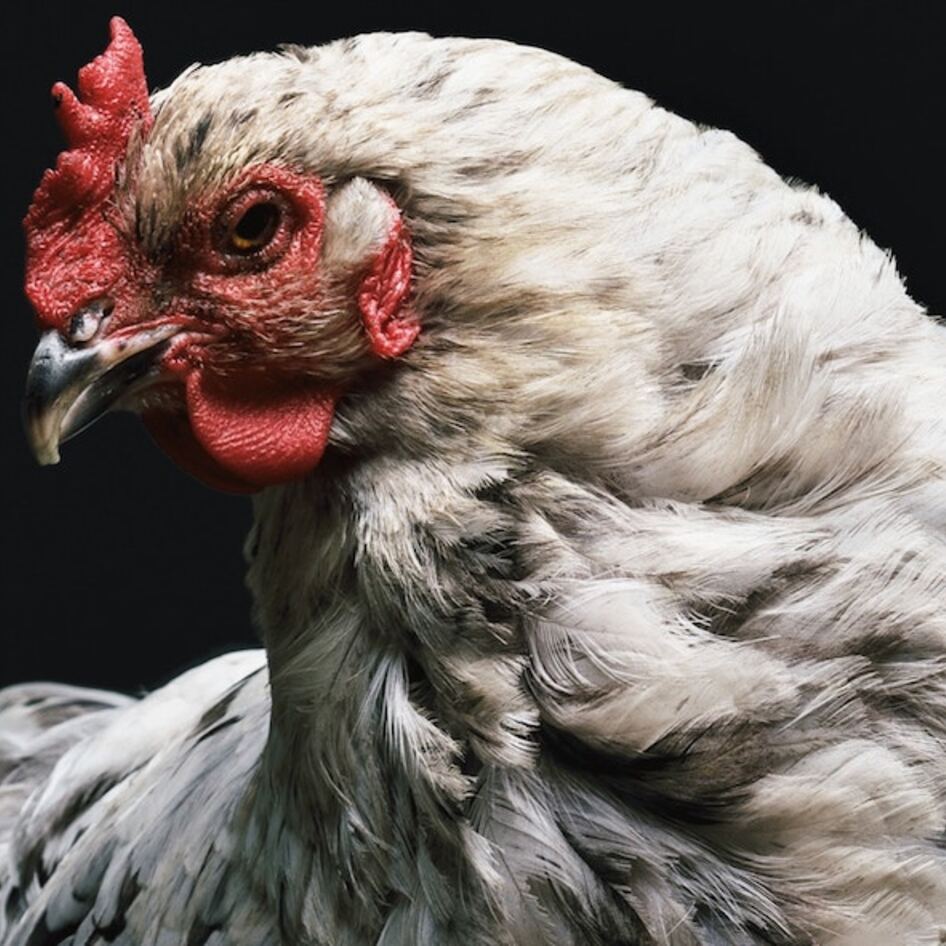Superbug Found in 80 Percent of Supermarket Meat
Scientists discover that the majority of meat found in supermarkets contain an antibiotic-resistant bacteria that could result in a global public health crisis.
June 30, 2018
A new analysis report released last week by organization Environmental Working Group (EQG) revealed that 80 percent of meat found in supermarkets tested positive for antibiotic-resistant bacteria. EWG analyzed government data from 2015 (the most recent year available) compiled by public health organization National Antimicrobial Resistance Monitoring System which found that bacteria present in 79 percent of ground turkey, 71 percent of pork chops, 62 percent of ground beef, and 36 percent of chicken breasts, wings, and thighs tested positive for resistance to at least one of 14 antibiotics. “Consumers need to know about potential contamination of the meat they eat,” EWG nutritionist and the lead author of the report Dawn Undurraga said, “so they can be vigilant about food safety, especially when cooking for children, pregnant women, older adults, or the immune-compromised.” In addition to finding bacteria that was resistant to a number of “highly important” antibiotics (those commonly used to treat illness in humans), researchers found that one in five strains of salmonella found on chicken was resistant to common antibiotic amoxicillin. In 2016, the United Nations classified antibiotic resistance as a “fundamental threat to our planet,” which it explained can lead to doctors’ inability to treat common illnesses. “When one person or group misuses antibiotics, they cause resistance to the antibiotics to spread, hurting everyone in society,” University of Southern California Medical Center Chief Medical Officer Brad Spellberg, MD said. “It’s not acceptable for one group of people to profit by hurting everyone else in society.” In August 2016, despite being treated with colistin (the most powerful antibiotic available), a Nevada woman died after being infected with carbapenem-resistant Enterobacteriaceae (CRE)—the same superbug Ohio State University researchers found in a pig sourced from an unnamed United States farm in December 2016.
JUMP TO ... Latest News | Recipes | Guides | Health | Shop







